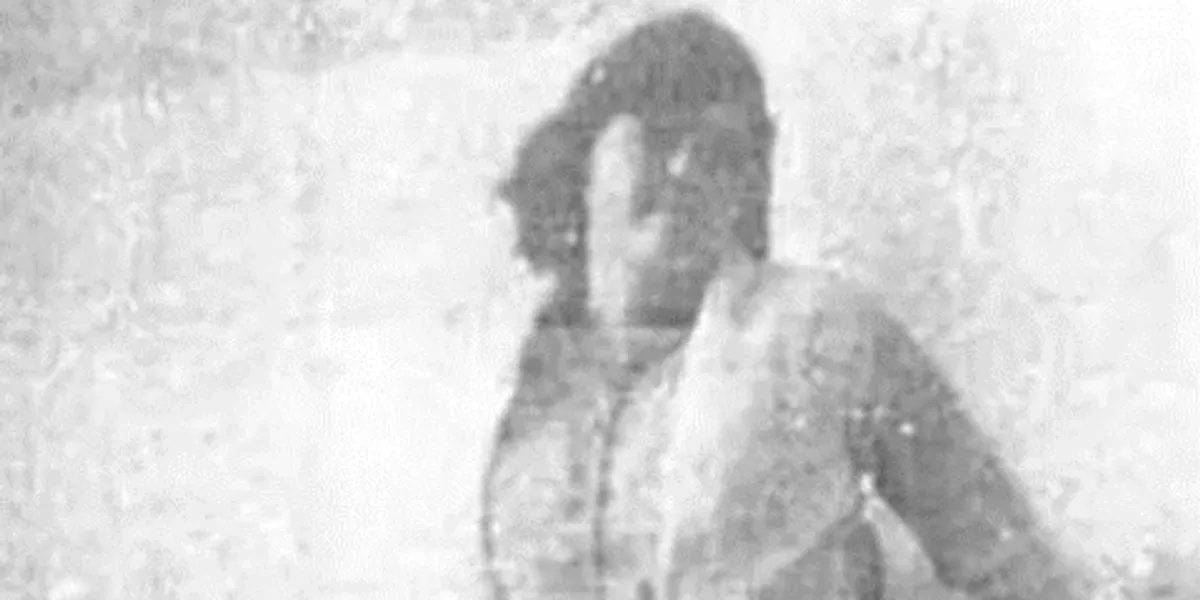An 11-year-old girl’s brain cancer was found thanks to the violent shaking of a rollercoaster ‘dislodging’ the tumour, her mother has claimed.
Connie Campbell, now 13, ended up being diagnosed with the deadly brain cancer medulloblastoma after feeling ill following a theme park ride.
Connie was enjoying a day out at Thorpe Park in Surrey in August 2022 with her family when she went on the rollercoaster.
Like thousands of children, Connie felt a bit unwell after the experience, but her family grew concerned two days later, when she began suffering headaches and vomiting.
Tests revealed the devastating news that Connie had medulloblastoma — a type of aggressive, childhood brain cancer with only around 50 cases diagnosed per year in Britain.
Connie’s mother, 54-year-old Tina Smith, from Woodford, East London, said she believes the rollercoaster ‘dislodged’ the tumour in her daughter’s brain, causing the symptoms that led to a potentially life-saving earlier diagnosis.
She credits the incident with enabling the disease to be spotted before the cancer spread to other parts of her daughter’s nervous system like her spinal cord, when survival rates drop from 80 to 60 per cent.
Ms Smith, a personal assistant, said: ‘There’s a difference between getting thrown around a bit for fun and having your head ricochet so hard you don’t feel right after.
An 11-year-old girl’s brain cancer was found thanks to the violent shaking of a rollercoaster ‘dislodging’ the tumour, her mother has claimed. Stock image

Connie Campbell ended up being diagnosed with the brain cancer medulloblastoma after feeling after going on a theme park ride
‘It was two days later that she started being sick, which seems too much of a coincidence for the two things not to be related.
‘I suspect the rides dislodged her tumour and, if that’s the case, I’m glad because I was told we found it at a good time, before it spread to her spine.’
Prior to the ride, Ms Smith said her daughter had experienced no symptoms of the growth whatsoever.
Despite the cancer, being spotted early, Connie had to undergo a gruelling amount of treatment.
She needed brain surgery just two months later, which was then followed by rounds of radiotherapy and chemotherapy in a bid to eliminate the cancer.
This combination of treatment led to her missing a year of school and also experiencing developmental delays.
Now, three years on from Connie’s treatment, Ms Smith is planning to raise money for the charity Brain Tumour Research by running in this year’s London Marathon with her friend.
She has already raised £2,000 and hopes the funds raised will help other children facing battles with brain cancer in the future.
‘There’s so much that’s unknown about brain tumours and treatment is often invasive and harsh for patients, especially children,’ she said.

Despite the cancer, which had no prior symptoms, being spotted early Connie still had to undergo a gruelling amount of treatment

Now three years on from Connie’s diagnosis and treatment her mother Tina Smith is planning to raise money for the charity Brain Tumour Research by running in this year’s London Marathon
‘To answer the questions we have, such as what caused the brain tumour, how do we stop the cancer, and what other treatments are there, I’m going to run the London Marathon to raise awareness and much-needed funds to find these answers.’
Carol Robertson, national events manager for Brain Tumour Research, thanked the pair for their support.
She added: In the UK, 16,000 people each year are diagnosed with a brain tumour and just under 13 per cent of those diagnosed with a brain tumour survive beyond five years compared with an average of 54 per cent across all cancers.
‘We’re determined to change that but it’s only by working together we will be able to improve treatment options for patients and, ultimately, a cure.
‘We’re really grateful for Tina and Lucy’s support and will be there to cheer her across the finish line in April.’
Ms Smith has set up a fundraising page for her marathon effort.
Medulloblastoma is the second most common kind of brain tumour found in children.
Although it can also be found in adults, this is very rare.
The cancer develops in the cerebellum which located towards at back of the brain near the brainstem.
It’s considered an aggressive type of cancer that grows quickly, spreading to other areas of the brain as well as the spinal cord.
A third of children with medulloblastoma in the UK are only diagnosed after the cancer has reached this more serious stage.
Medulloblastoma is most commonly diagnosed between the ages of three and eight with data suggesting it’s more common in boys than in girls.
Potential symptoms include headaches in the morning, nausea or vomiting that often relieves the headaches, double vision, balance issues, mood or behavioural changes and loss of appetite.













